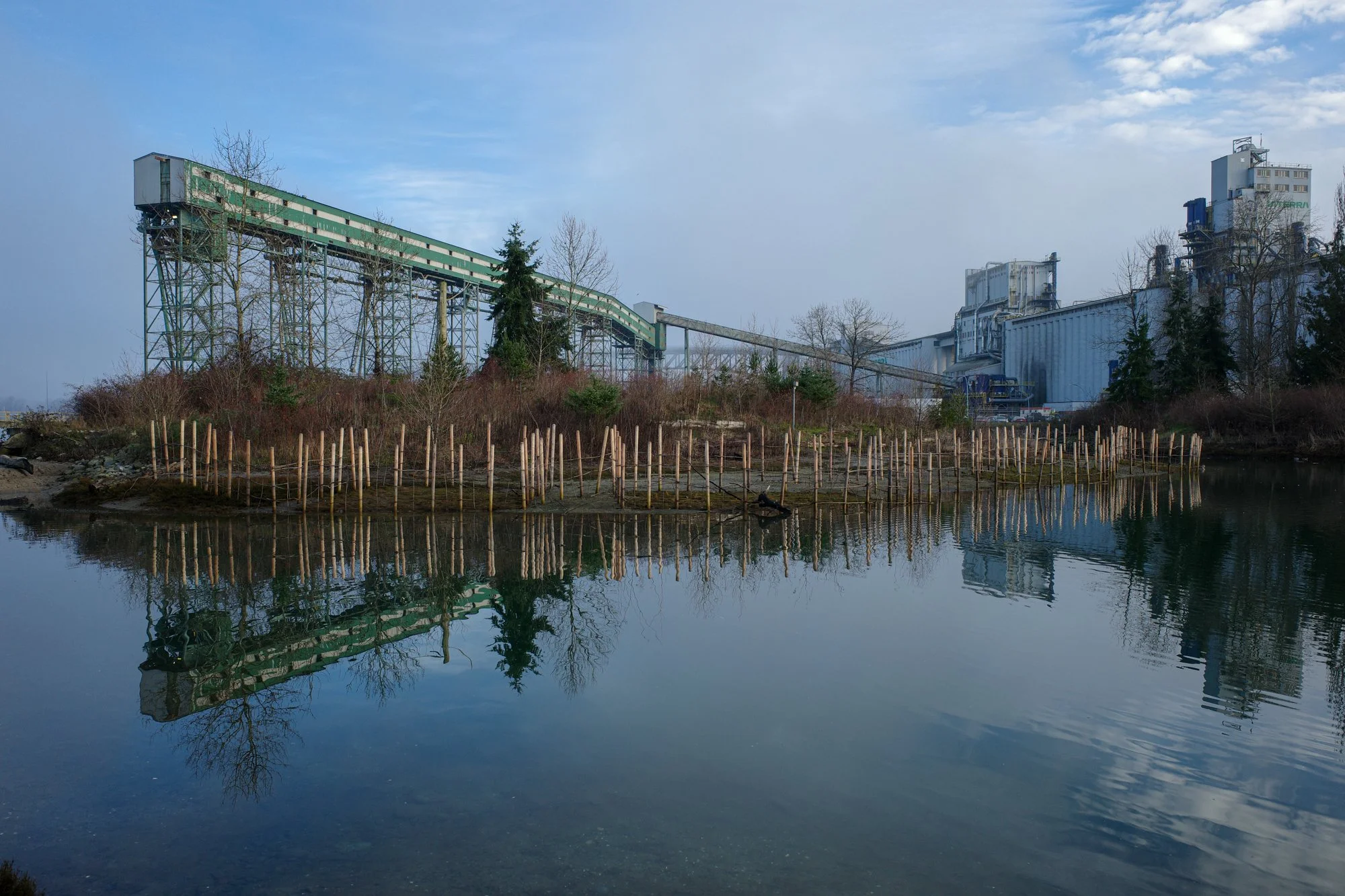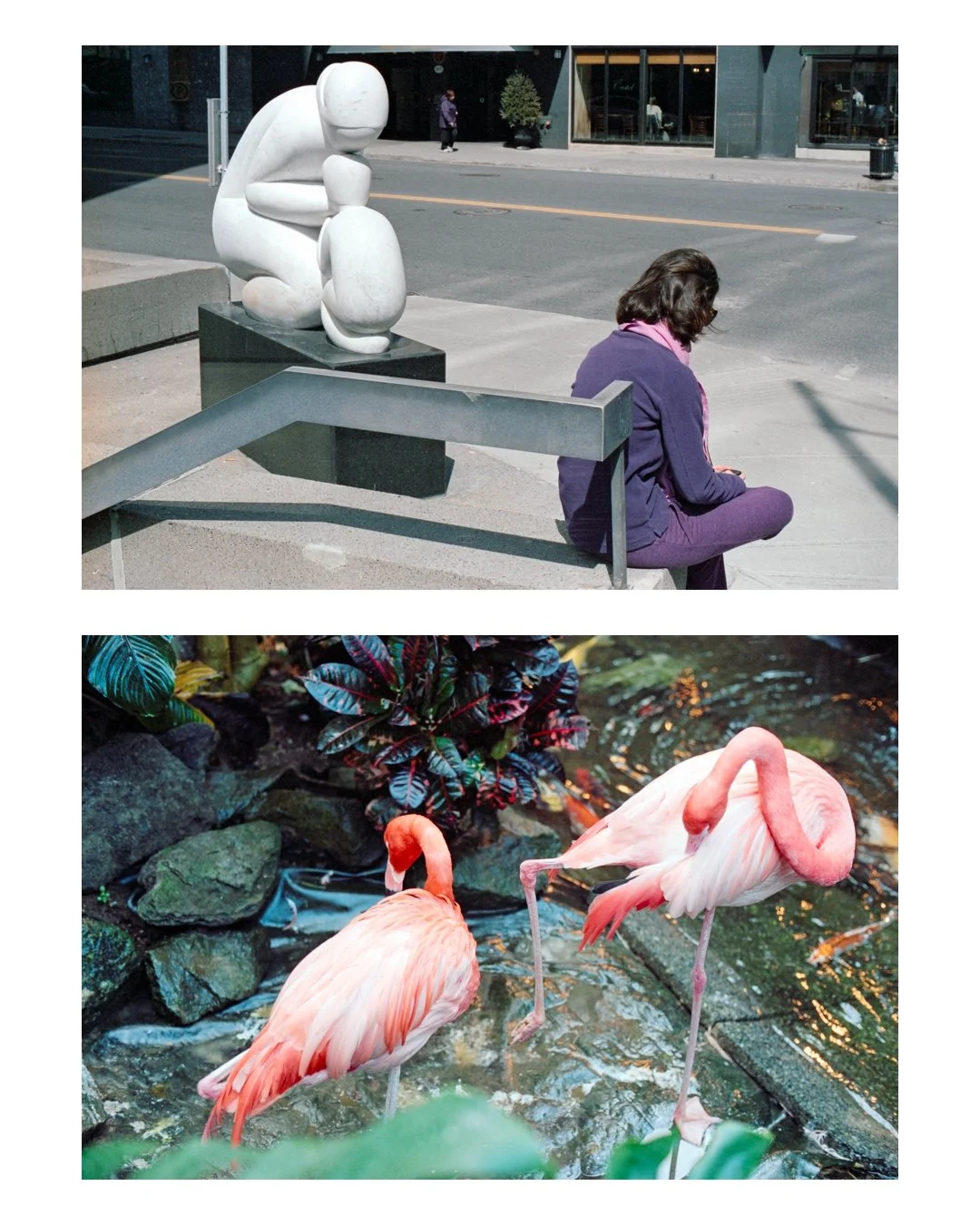A Collection of Quotations on Photography
Simon Burch
Photography is incredibly difficult as I’m sure you know. The complexities within a single picture can be enormous at times. The composition, the content, the lighting, there’s so many elements that have to be brought in to one picture. From that point of view, I’m still learning a lot about photography. It’s a very narrow discipline in that way and even to think about doing something else would be a distraction.
Chuck Close
The thing that interests me about photography and why it’s different from all other media, is that it’s the only medium in which there is even the possibility of an accidental masterpiece. You cannot make an accidental masterpiece if you’re a painter or a sculptor. It’s just not going to happen. Something will be wrong.
This is simultaneously photography’s great advantage and its Achilles’ heel: it is the easiest medium in which to be competent. Anybody can be a marginally capable photographer, but it takes a lot of work to learn to become even a competent painter. Now, having said that, I think while photography is the easiest medium in which to be competent, it is probably the hardest one in which to develop an idiosyncratic personal vision. It’s the hardest medium in which to separate yourself from all those other people who are doing reasonably good stuff and to find a personal voice, your own vision, and to make something that is truly, memorably yours and not someone else’s.A recognized signature style of photography is an incredibly difficult thing to achieve.
It always amazes me that just when I think that there’s nothing left to do in photography and that all permutations and possibilities have been exhausted, someone comes along and puts the medium to a new use, and makes it his or her own, yanks it out of this kind of amateur status, and makes it as profound and moving and as formally interesting as any other medium. It’s like pushing something heavy uphill. Photography’s not an easy medium. It is, finally, perhaps the hardest of them all.
Bryan Formhals
For the last forty years [William Eggleston has] been “at war with the obvious,” working in a “democratic forest” where everything visible is equally viable as subject matter. Trees, dirt, signs, houses, carpet, red ceilings, naked men, old men with guns, tricycles, etc. Working in this manner, he inspired many photographers to look no further than their immediate surroundings for inspiration. Then came digital cameras, and then the internet, and then Flickr. Eggleston may have won the war with the obvious, but now the obvious is getting its revenge in the form of the millions of banal, boring, dull photographs that are being uploaded to the web everyday. We don’t need to go far to find the ‘democratic forest,’ in fact, we may never be able to escape it.
Paul Graham
It’s so easy it’s ridiculous. It’s so easy that I can’t even begin — I just don’t know where to start. After all, it’s just looking at things. We all do that. It’s simply a way of recording what you see — point the camera at it, and press a button. How hard is that? And what’s more, in this digital age, its free — doesn’t even cost you the price of film. It’s so simple and basic, it’s laughable.
It’s so difficult because it’s everywhere, every place, all the time, even right now. It’s the view of this pen in my hand as I write this, it’s an image of your hands holding this book, drift your consciousness up and out of this text and see: it’s right there, across the room - there… and there. Then it’s gone. You didn’t photograph it, because you didn’t think it was worth it. And now it’s too late, that moment has evaporated. But another one has arrived, instantly. Now. Because life is flowing through and around us, rushing onwards and outwards, in every direction.
Todd Hido
You don’t need all this stuff to make pictures. You don’t need the latest and greatest most megapixel camera … You just need simple equipment. Cameras don’t make pictures. And film doesn’t make pictures. People make pictures. I think it’s important to figure out what you like and what materials you like to use and what cameras and what lenses you like. And then after that period of figuring it out, you just sort of focus on your creativity and not your equipment. I think that’s an important lesson for people to learn who are trying to figure out photography.
* * *
From that day I realized that you can take simple, ordinary, everyday things and make something out of them. You can make a statement by using what is right in front of you. It was a powerful lesson that stayed with me: you can use your room, your home, your neighborhood, your family to make art.
Thom Hogan
I get hung up on the technology, too, and many come to me for help in understanding it. Technology will keep marching on and on and on. But we can’t lose sight of what we use that technology for … You’ve got to get past all that technology and into the aesthetics if you want to create great images.
Doug Rickard
There is a connectedness or a web that runs like electricity underneath the landscape of photography. The connections are like wires that tether one photographer to another… a shared blood line if you will. If you examine an individual who has made a mark, an imprint on the craft, you will find the ‘underneath,’ the complex layers of history and relationships, of influence and extensions, of imprints on the psyche and the connections from others to the ‘self.’
Stephen Shore
For a person to see a scene with as much detail as this [8x10” view] camera can record might take several minutes but you can have the experience of taking it all in within a few seconds in the picture … and so there’s a a sense of time being compressed in it. In a simple, physical way, the camera is recording with extraordinary detail. And that allows me to see things of interest, but not make them the whole point of the picture. I discovered that this camera was the technical means in photography of communicating what the world looks like in a state of heightened awareness and it’s that awareness of really looking at the everyday world with clear and focussed attention that I’m interested in.
* * *
First of all, forgetting a major question, “what to photograph?” let’s say that I’m photographing this intersection and I see it as almost a three-dimensional problem that I have to then resolve in some way. Where am I going to stand in this? Where am I going to cut it off? How much am I going to show? Am I going to wait for a person to stand in or for a car to stop?
I was also interested in the fact that as I walk down the street, really paying attention to what I’m seeing, I see a constant change in relationships in space. It’s seeing things in the background relating to things in the foreground. As I move, a telephone pole bears an ever changing relationship to a building next to it or behind it, this mailbox changes its relationship to the telephone pole. These changes occur all the time as one simply takes a walk and looks with conscious attention at what’s there while one is walking. I wanted somehow to record that experience in a still photograph.
Alec Soth
That’s a real problem. We all do that, we photograph things because they look like photographs. I do that all the time. Everyone starts, you photograph a barn, for example, because that’s an idea of beautiful. I think that keeps changing with time, from Walker Evans to Eggleston, there’s a new idea of what the cliché beautiful thing is, even if it’s an empty parking lot. That’s okay, I have no problem with that. What I do have a problem is, is the nature of the medium itself. In a world where the 2 billionth photograph has been uploaded to Flickr, which looks like an Eggleston picture! How do you deal with making photographs with the tens of thousands of photographs being uploaded to Facebook every second, how do you manage that? How do you contribute to that? What’s the point? It’s a real struggle.
Garry Winogrand
It always fascinates me - it bolloxes my mind, I mean, when people talk about photographs in depth, and what not, you know, when all a photograph does is describe light on surface. That’s all there is. And that’s all we ever know about anybody. You know, what we see. I mean, I think we are our faces and whatever, you know? That’s all there is, is light on surface












